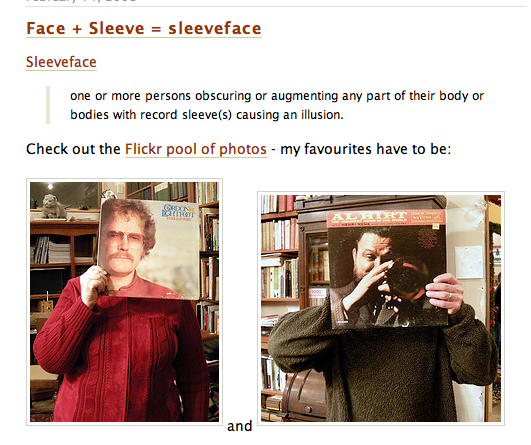
Sitting around the table on an overcast (what else?) North Norfolk afternoon, I got to witness a UK holiday tradition for the very first time: The Queen’s Annual Christmas Day Message. In a nice touch, the broadcast began and ended with excerpts from her 1957 broadcast, since the occasion marked the 50th anniversary of the first time the address was broadcast on live television. (The very first Royal Christmas Message was delivered 25 years earlier – in 1932, by Elizabeth’s grandfather George V).
But – no slouch she – this was not a mere exercise in nostalgia for the Queen: She began her speech by saying, “One of the features of growing old is a heightened awareness of change,” and indeed the message marked the launch of The Royal Channel (or, “One’sTube” as the Telegraph headlined it), which you can find on your favorite video portal.
The hit count so far? 866,000 for the 2007 message, just over 900K for the 1957 telecast. Next time I heard a performing-arts organization whine and bleat about how they can’t keep up with new technology and new media opportunities, I’ll remind them of the fashion-forward oh-so-trendy Royals….

That’s a lesson that was seemingly lost on the editors of Parade magazine, who on Sunday ran a present-tense interview with Benazhir Bhutto, maintaining it was “too late” to change the over and the interview was “too important” to drop.
Fair point on the latter point; regarding the former, Are You Kidding? Parade’s cover went to bed on Dec. 21. Bhutto was assassinated on Dec. 27.
The cover appeared on Jan. 6th, with no explainer, no “box,” no nothing. All in the present tense. Shocking, surprising, and dismaying legions of the Sunday mag’s millions of readers.
Oh, they issued an online explainer:
After her assassination, PARADE immediately posted the entire interview online, and [author Gai] lSheehy appeared on network and cable TV news shows to discuss her face-to-face conversations with Bhutto.
Fine, but what about in your own magazine? Ten days between event and cover, and do you really, truly, believe that the magazine was absolutely powerless to change things? If that’s so, then print-reliant publications like Parade truly are wooly mammoths making their last footprints on Earth.
For the record, the mag’s readers aren’t buying that excuse. Check out the 400+ comments at the end of the Bhutto interview, ironically titled “A Wrong Must Be Righted.”
And there’s Dan Fratello’s column in the Huffington Post: Snarky, but amusing nonetheless:
Sources indicate this isn’t the last time Parade will get a black eye in 2008. Consider these cover stories already in the queue at Parade, and coming to your Sunday brunch soon:
Lighting a Fire: Fred Thompson Is Transforming the GOP Race for President
Rocket Fuel: Roger Clemens on His Workout Routine and His Plans to Play a 25th Season
Britney: All Cleaned Up, Calmed Down and Ready to Be a Mom







